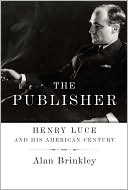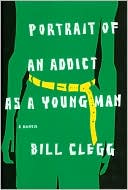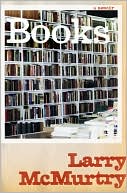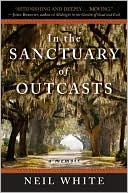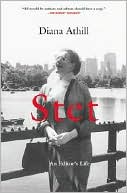The Publisher: Henry Luce and His American Century
Search in google:
Acclaimed historian Alan Brinkley gives us a sharply realized portrait of Henry Luce, arguably the most important publisher of the twentieth century. The Barnes & Noble Review As founder of Time, Life, and Fortune magazines, Henry Luce helped create a national mass culture, one that promoted what he saw as the unity of the American people and their shared middle-class values. With The Publisher: Henry Luce and His American Century, Columbia history professor and National Book Award winner Alan Brinkley has written a revealing and riveting biography of a complex man. Raised in China, the son of missionaries, Luce was marked by his own missionary zeal, displaying an intense ambition even as a child. He was only 24 when Time began publishing in 1923. The success of his periodicals -- Life, launched in 1936, was so immediately popular that demand regularly outstripped supply -- made him famous; his marriage to the glamorous playwright and politician Clare Boothe Luce, unhappy as it was, made him "a bona fide celebrity." Brinkley strikes a perfect balance between describing Luce’s personal life and his extraordinary times, benefiting from a wealth of private correspondence and archival material to show his evolution into an arrogant, obsessive crusader. As Luce drifted further to the right, and tried to force his magazines to follow suit, some editors openly rebelled while others privately sniped about his grandiosity. "He fancies he is molding the destiny of the U.S. in the world," wrote his longtime deputy bitterly (indeed, Luce had attempted to do just that in his famous 1941 essay "The American Century"). Luce, who had a lifelong obsession with China -- Brinkley calls the Communist victory there "the greatest disappointment of [his] life" -- traveled restlessly around the globe, meeting with world leaders and far-flung Time correspondents. In his later years he felt "frustrated by his inability to shape events as he wished," both inside and outside the pages of his magazines. Brinkley has created a fascinating portrait of a man who was undeniably powerful, yet never quite in the way he aspired to be. --Barbara Spindel
